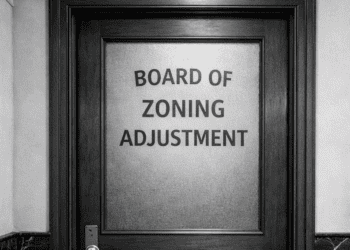Longer commutes are often a direct consequence of rising housing costs. As housing prices escalate in city centers, workers are forced to move further away to find affordable options. This phenomenon is particularly acute in cities with restrictive zoning laws that limit the availability of affordable housing. To mitigate this, urban planners and policymakers must prioritize the development of high-density, affordable housing within urban cores. Revising zoning laws to encourage the construction of multi-family units can make housing more accessible and reduce the need for lengthy commutes.
Public transportation infrastructure—or the lack thereof—plays a significant role in commute times. Many cities in the U.S. have inadequate public transit systems, leaving workers reliant on cars. Investing in reliable, extensive public transportation can offer a viable alternative to driving and help reduce commute times. Federal and state support for expanding and modernizing public transit could have a profound impact.
Employers also have a part to play in addressing this issue. The COVID-19 pandemic demonstrated the viability of remote work and flexible schedules. Continuing these practices where possible can help alleviate peak traffic congestion and reduce overall commute times. Employers should consider adopting hybrid work models and flexible hours to support their employees’ well-being and productivity.
Moreover, the environmental impact of longer commutes cannot be ignored. Increased car travel leads to higher emissions, contributing to air pollution and climate change. Encouraging the use of public transit, carpooling, and other sustainable commuting options can help mitigate these effects.
The increasing commute times faced by American workers reflect broader systemic issues that require coordinated efforts to address. Promoting affordable housing, investing in public transportation and adopting flexible work practices can create more sustainable and livable cities. These changes are not just beneficial for reducing commute times but are essential for enhancing the overall quality of life for urban residents.










What Missouri can learn from Kansas’s budget crisis